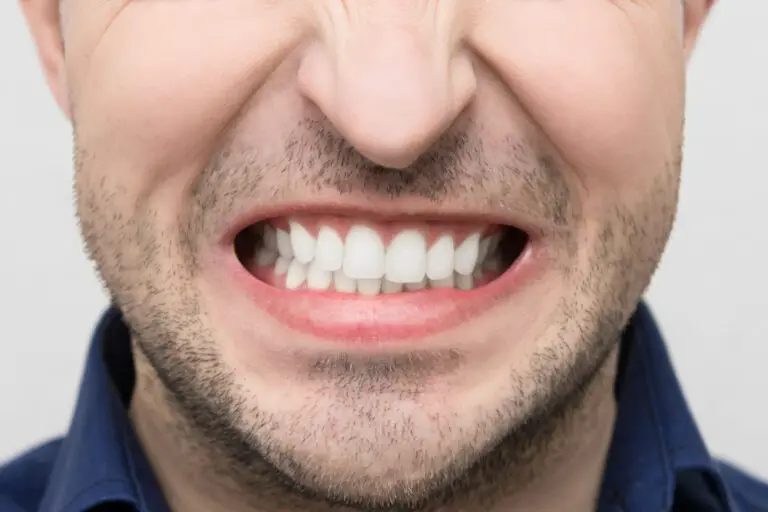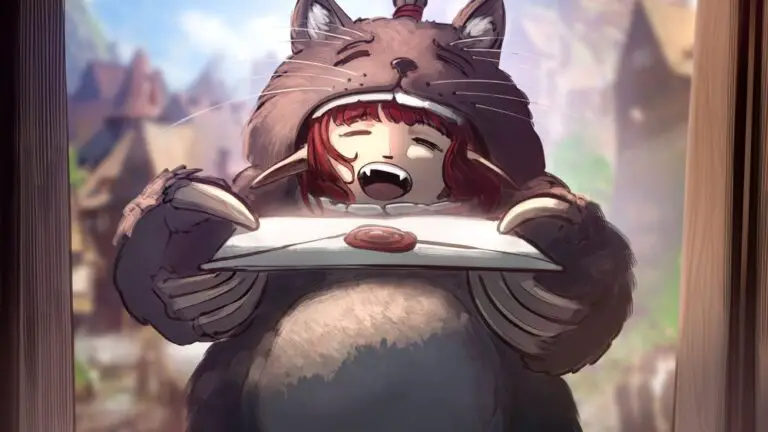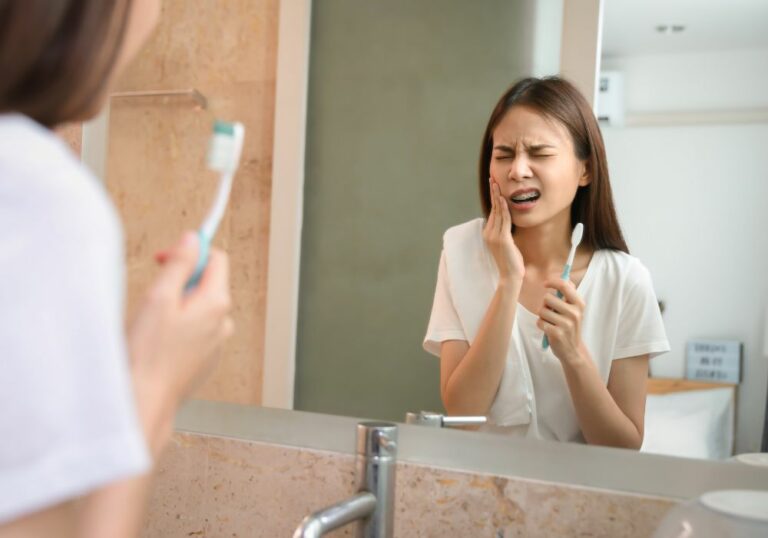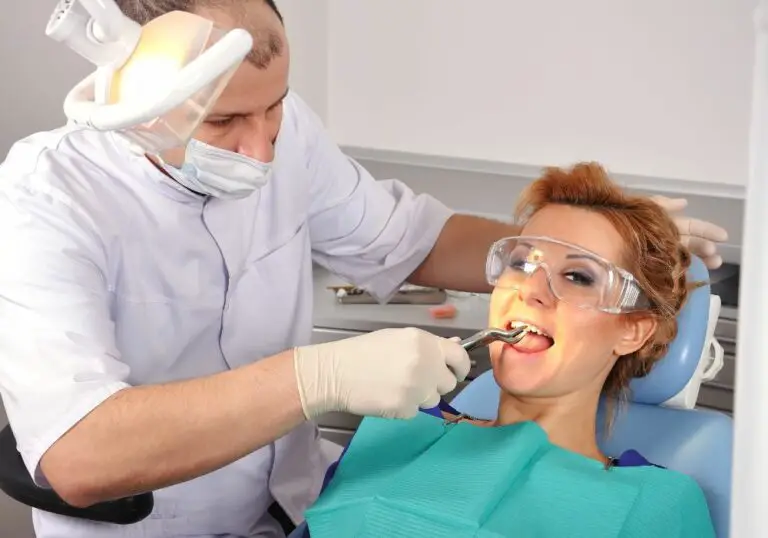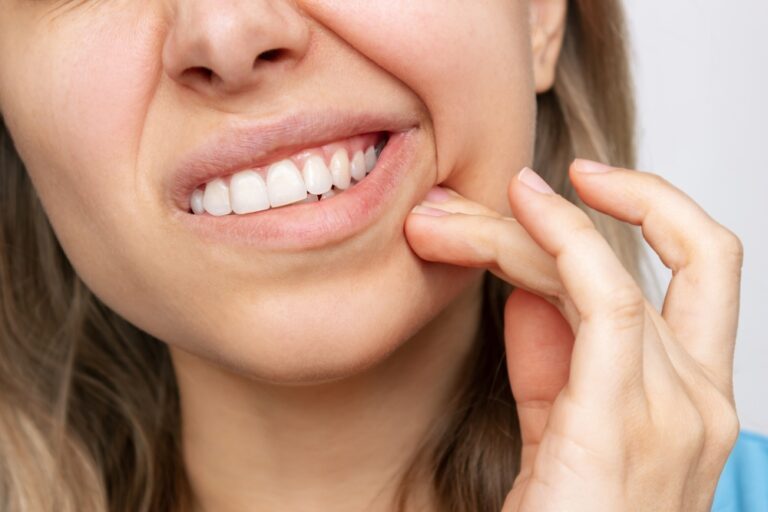You’ve likely noticed your beloved canine companion occasionally chomping his teeth together repeatedly in the air for no apparent reason. This strange behavior, sometimes called fly biting or fly catching, is commonly seen in many dogs. But what exactly causes dogs to snap their jaws at nothing? And should it be a cause for concern? Read on for an in-depth look into the phenomenon of air chomping in dogs and what it might mean.
What is Air Chomping?
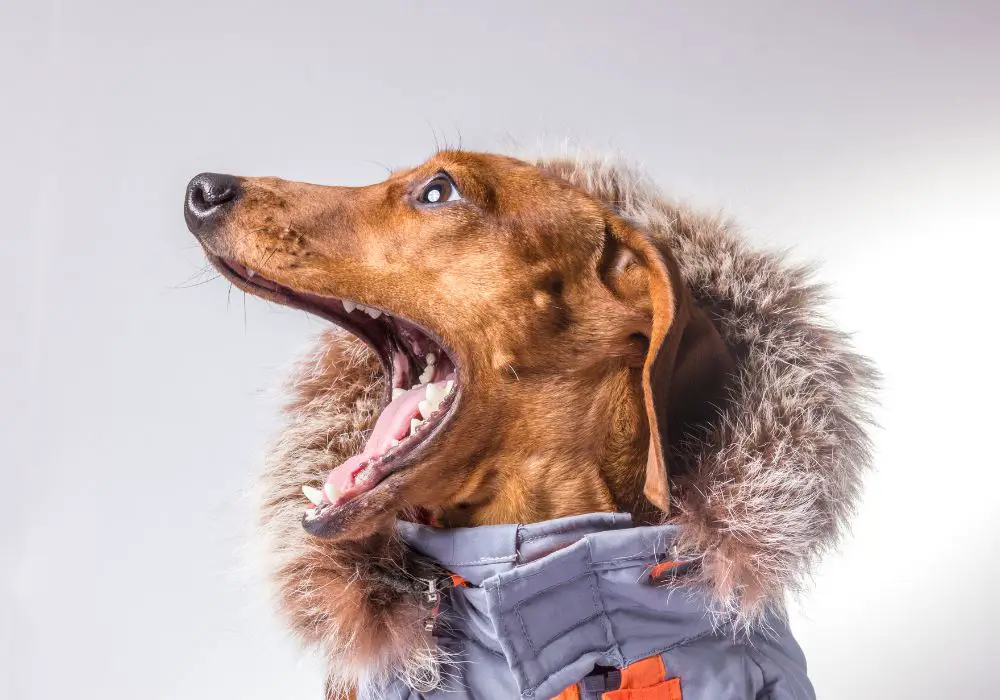
Air chomping refers to when a dog spontaneously and repeatedly clamps its mouth shut in the air without any food or object in it. It may produce audible clicking, snapping or popping noises as the teeth make contact.
Some dogs will do quick successive chomps in a row, while others clench their jaw for a few seconds before opening back up and repeating the motion. It resembles the motion of biting at something, but there is nothing there for them to bite. It is simply an air chomping movement.
You may witness air chomping in brief episodes, or as a frequent, almost compulsive behavior throughout the day. Certain triggers like stress or excitement can set off prolonged chomping motions. The behavior may include gnashing and grinding of the teeth, vigorous jaw snapping, and even foamy saliva.
Air chomping is also known as:
- Fly biting or fly catching
- Fly snapping
- Jaw chattering
- Teeth chattering
- Mock biting
It likely got the name “fly biting” because it resembles a dog trying to catch or bite at imaginary flies buzzing around their head. But there are no actual flies present that they are trying to snap at. The chomping motions are spontaneous and involuntary.
What Causes Dogs to Chomp the Air?
There are a number of possible explanations for why dogs abruptly chomp their teeth together without anything in their mouth:
1. Dental Pain or Discomfort
One of the most common reasons for sudden onset of air chomping is mild dental discomfort or tooth pain. If your dog has issues like fractured teeth, abscessed cavities, gum disease, or other oral inflammation, it can cause sensitivity and pain. The air chomping may act as a way for the dog to try and relieve the minor tooth ache or discomfort they are experiencing.
Air chomping linked to dental problems tends to be accompanied by additional signs like bad breath, excess drooling, decreased appetite, dropping food, and hesitance to chew on toys or hard treats. It’s usually more obvious in dogs with significant plaque buildup or obvious dental issues. Mild gum inflammation can also trigger it even if overt symptoms aren’t present yet.
Puppies teething may also chomp the air as they deal with sore gums and the discomfort of their baby teeth being pushed out by painful new adult teeth. The chomping seems to offer brief relief from teething irritation.
2. Boredom and Excess Energy
Like many canine behaviors, air chomping can simply be a sign of boredom, under-stimulation, or excess energy in dogs. High energy dogs left alone for long periods without sufficient physical and mental exercise may start energetically chomping and biting at the air just to occupy themselves.
This chomping essentially acts as a doggy pacifier when they don’t have other outlets to expend pent up energy. It channels their need to play, chew, and be active. Oftentimes vigorous air chomping sessions are followed by the dog grabbing a toy to continue biting and chewing, showing it satisfies innate needs.
3. Stress, Anxiety, or Excitement
Stress, anxiety, nervousness, and over-excitement are other common emotional triggers for air chomping in dogs. Dogs will often chomp when put in stressful situations that make them uneasy or overstimulated. Introducing new sights, sounds, places, or other dogs can also elicit stress that translates to aimless chomping motions.
Examples of triggers for stress chomping include:
- Loud noises – Thunder, fireworks, gunshots, vacuum cleaners, power tools, etc.
- Being home alone – Especially dogs with separation anxiety.
- Travel – Riding in the car or having disrupted routines.
- Vet visits – Unfamiliar smells and being examined can cause stress.
- New environments – Visiting new places with unfamiliar sights and sounds.
- Meeting strangers – Unfamiliar people or animals, especially rambunctious children.
- Changes in household – Moving homes, new family members or pets.
High excitement, even with positive situations like playtime or getting a highly craved treat or toy can also send some dogs into a chomping frenzy. It’s simply their way of releasing nervous or excited energy through the mouth.
4. Compulsive Behavior Problems
In some cases, air chomping may stem from obsessive compulsive disorders or neurological problems resulting in repetitive, compulsive motions. Examples include:
- Seizures – Idiopathic epilepsy and seizure disorders can cause air chomping motions during the seizure activity or aura phase preceding a full blown seizure. You may see other signs like collapsing or muscle spasms.
- Stereotypic behavior – Repetitive movements and habits caused by anxiety, obsessive compulsive disorder, or other behavioral issues. This includes things like tail chasing, pacing, and mouthing behaviors like air chomping.
- Tremors – Diseases like distemper, renal disease, and neurological disorders can cause tremors that may manifest as jaw quivering appearing like air chomping. Usually other bodily tremors are also present.
- Tics – Conditions like idiopathic head tremors that cause involuntary muscle spasms and tics can cause repetitive chomping motions, especially along with head shaking.
If the air chomping seems abnormally frequent and occurs compulsively, a full veterinary workup is recommended. Bloodwork, neurological exams, and imaging can check for underlying conditions or brain abnormalities that could be manifesting as this behavior.
When to See the Vet for Air Chomping
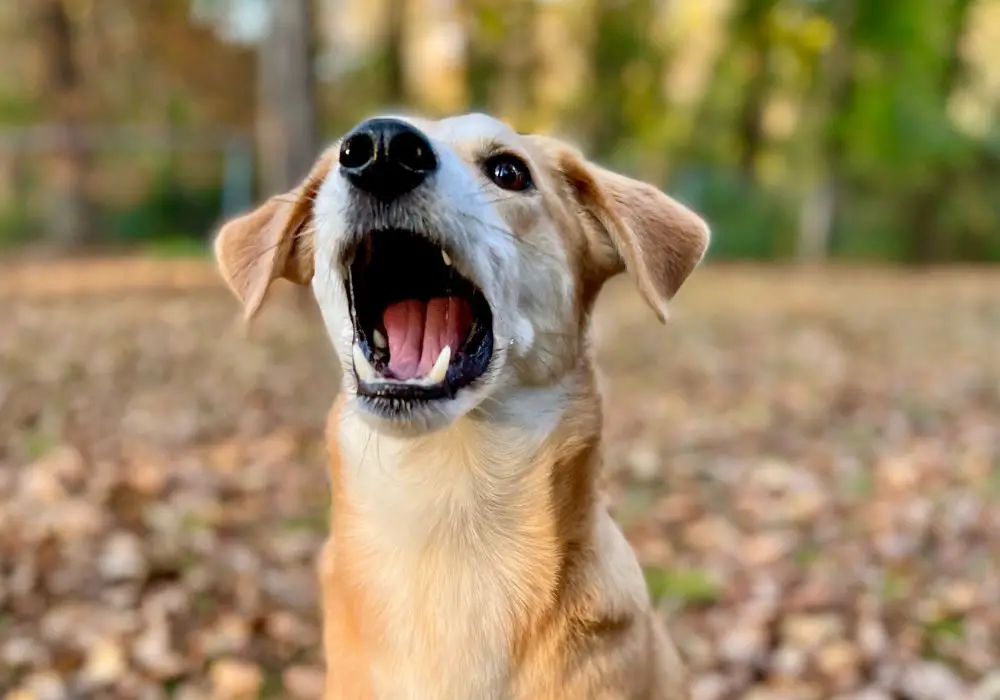
For the most part, occasional brief bouts of playful air chomping are harmless and merely a behavioral quirk in dogs. However, in some instances, air chomping warrants a veterinary visit for further evaluation, including when:
- It arises suddenly and with high intensity or frequency
- Persists for days or weeks on end
- Happens compulsively many times per day
- Is accompanied by additional symptoms like drooling, lethargy, or loss of appetite
- Interferes with normal activities like eating
Puppies under 6 months that suddenly develop intense air chomping could be dealing with oral pain from teething that needs attention. Seek advice from your vet if the air chomping seems excessive or abnormal for your individual dog, or if it appears to impact their quality of life.
Your veterinarian can perform a full oral exam, looking at the teeth, gums, tongue, roof of the mouth and jaw for any injury, abnormality or infection. Dental x-rays may be recommended for a closer look at the tooth roots and bone. Your vet can also order bloodwork and other tests if neurological disease is suspected.
How to Stop Air Chomping Habits
For dogs that aren’t suffering from an underlying medical issue, there are several training and management steps you can take at home to try and curb mild air chomping habits:
Ensure Adequate Exercise & Stimulation
Make sure your dog gets plenty of regular exercise and mental stimulation. Take them on long walks, play games of fetch, and provide interactive puzzle toys. Bored, under-exercised dogs are more likely to develop repetitive air chomping behaviors. Work their mind and body to redirect energy and chomping urges.
Manage Triggers Causing Stress
If the air chomping seems linked to stressful situations, try to minimize your dog’s exposure to known triggers, or introduce them more gradually to prevent anxiousness. Things like loud construction noises, unfamiliar guests, or car rides may need gradual conditioning. Calming aids can help lower stress.
Schedule Regular Dental Cleanings
Have your vet perform annual or biannual professional dental cleanings to reduce any mild tooth discomfort and ensure good oral health. Dental home care like brushing and oral rinses is also beneficial. Specialty dental treats and chews can also promote clean teeth and fresh breath.
Use Distractions and Redirect Behavior
When your dog begins an episode of air chomping, interrupt the behavior with a distracting cue like “quiet” or “enough”. Immediately redirect their focus to a more constructive chew toy. Praise and reward them with treats when they stop the chomping. With time, they will learn to curb the habit.
Try Anti-Anxiety Medications
For dogs with severe air chomping linked to anxiety disorders or compulsions, medications may be needed. Your vet can prescribe anti-anxiety drugs or appetite stimulants that can reduce obsessive stress behaviors like chomping. This is only recommended in severe cases unresolved by other methods.
Avoid Punishment
Never scold, shout at, or punish your dog for air chomping behavior. This will only increase their stress levels. Be patient, remain calm, and use positive reinforcement to redirect the chomping onto more constructive oral outlets. Eventually the fixation should fade.
Is Excessive Air Chomping Harmful for Dogs?
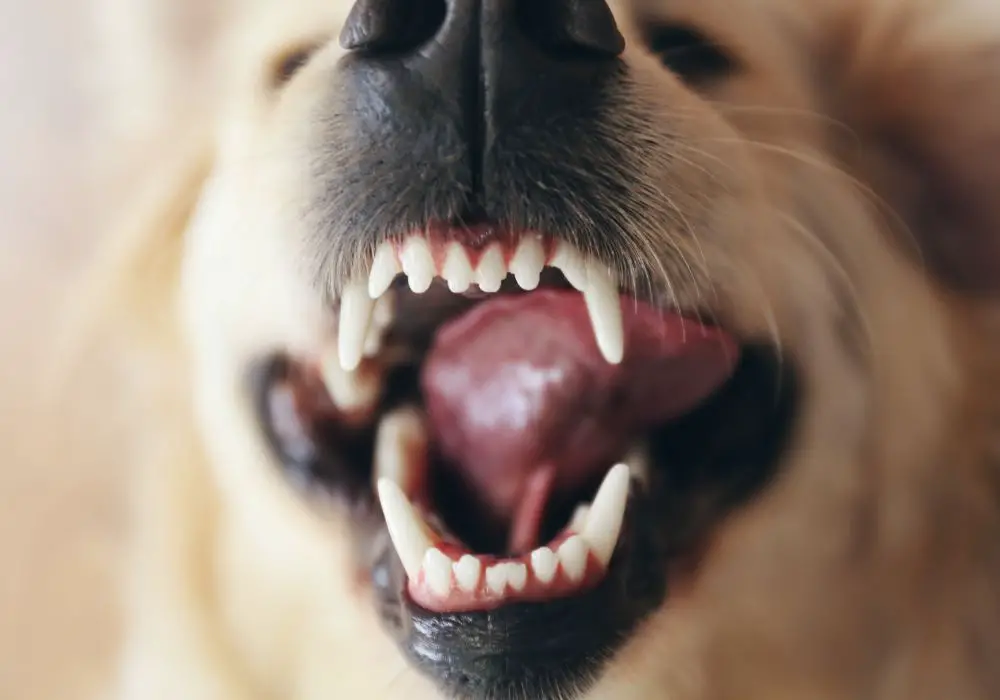
Periodic brief air chomping is perfectly normal and does not negatively impact health. However, excessive, highly frequent air chomping episodes could potentially lead to issues like:
- Tooth fractures – From forceful snapping motions and upward thrusts against gravity. This is especially likely with weakened teeth.
- Tooth wear – Repeated stress and friction can slowly erode tooth enamel over time.
- TMJ disorders – Jaw joints can become painful and arthritic from overuse.
- Misaligned bite – Constant chomping may shift alignment of teeth.
- Self-injury – Aggressive chomping carries a small risk of biting tongue or cheeks.
So while not definitively dangerous, it’s ideal to try and control frequent, obsessive air chomping. See your vet if the behavior seems abnormally intense. Most dogs will naturally mellow air chomping habits as they mature.
Questions and Answers About Air Chomping in Dogs
Q: Why has my dog suddenly started chomping and biting at the air?
A: Sudden onset of air chomping can have several causes, including dental problems like fractured or infected teeth, anxiety/stress entering a new situation, neurological issues like seizures, or even nausea/acid reflux. Schedule an exam with your vet to identify the underlying trigger and proper treatment.
Q: Is it normal for my dog to chomp the air constantly throughout the day?
A: Frequent air chomping all day long is not typical behavior in healthy dogs. Persistent chomping likely signals an underlying medical or behavioral issue that requires veterinary attention. Diagnostic testing can identify any issues needing treatment.
Q: Will my teething puppy stop air chomping as their adult teeth grow in?
A: Most puppies do outgrow minor air chomping as their teething pain and irritation subsides around 6-7 months old. Providing chew toys also helps redirect chomping away from the air. If it persists beyond teething, seek your vet’s advice.
Q: Are certain dog breeds more prone to excessive air chomping habits?
A: Breeds like Dobermans, Schnauzers, and Labradors seem genetically predisposed to air chomping, possibly related to high energy. However any breed can develop air chomping when sufficiently bored, stressed, or in dental discomfort. It’s not limited to specific breeds.
Q: Can forceful, repetitive air chomping damage my dog’s teeth?
A: With occasional minor chomping, tooth damage is very unlikely. But chronic stress to the teeth from frequent aggressive chomping can potentially wear down enamel, weaken roots, and lead to fractures or misalignment. It’s ideal to curb obsessive air chomping behavior through training and dental care.
Summary
In most cases, the occasional bout of playful air chomping is completely harmless for dogs. But excessive, obsessive chomping could signal an underlying medical or behavioral issue needing veterinary attention. While difficult to eliminate in dogs prone to the habit, air chomping can often be managed through training, dental care, exercise, anxiety reduction, and redirecting the biting urge onto toys. However, any sudden increase in frequency or accompanying symptoms warrants a vet visit to address the cause. With patience and effort, dogs can be taught to mostly outgrow minor air chomping habits.

